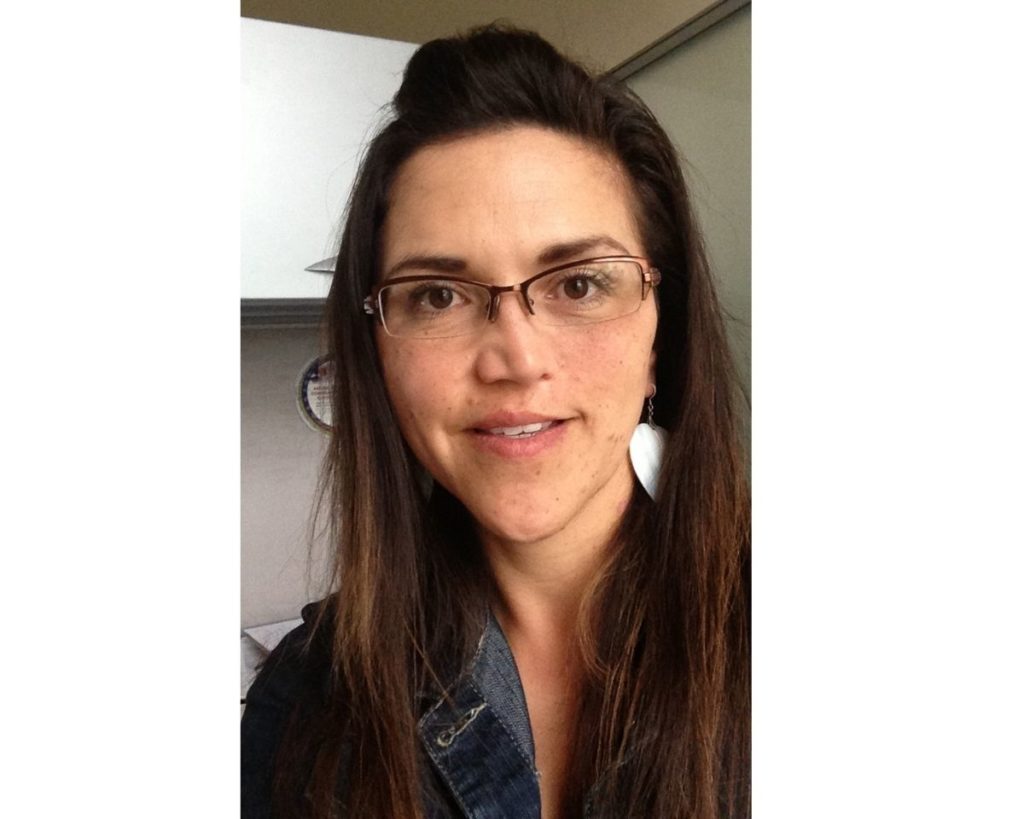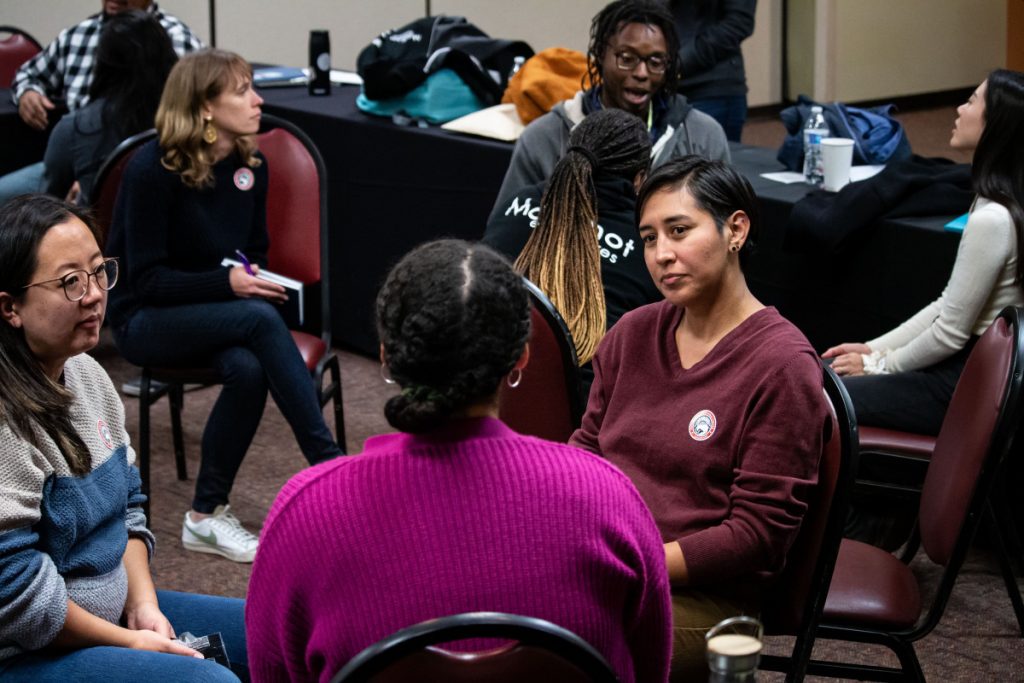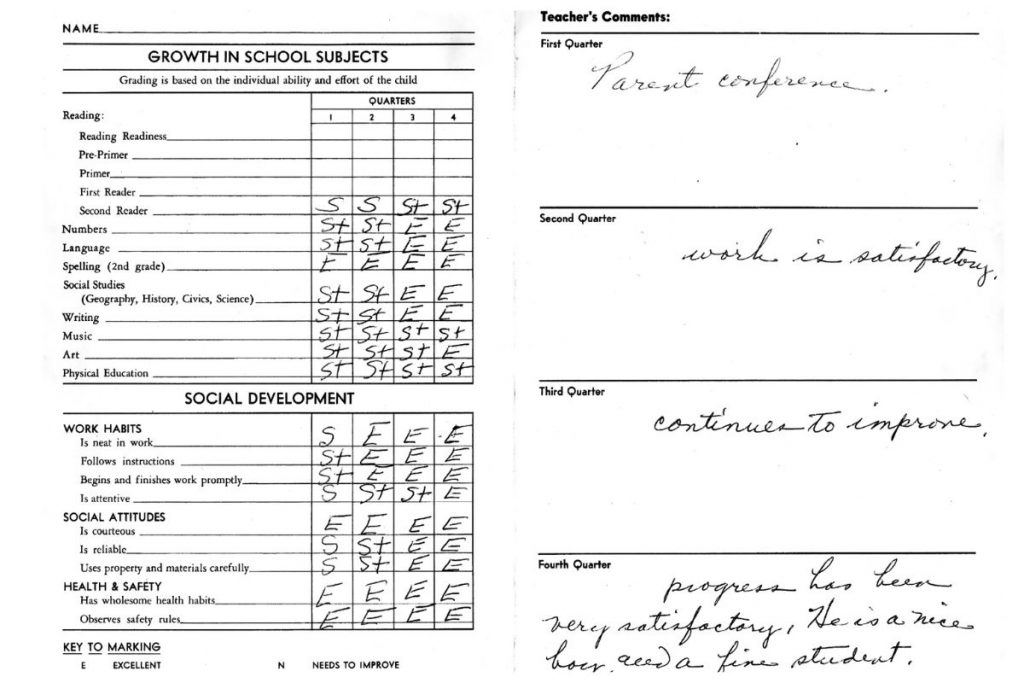Alece Montez joined Denver Public Schools in July 2019 as Associate Chief for Family and Community Engagement (FACE). With a background in urban and regional planning, she built her career working with towns and cities, using meaningful engagement tools to increase civic participation in land use decision-making processes.
As DPS prepares to engage the community in the search for a new superintendent and development of its next strategic plan, Montez is eager to share the tools her team has co-created. She spoke to Boardhawk about her hopes to usher in a new era of healing and transparency.
Boardhawk: With the departure of Superintendent Susana Cordova, the city is divided about the path forward for schools. What can the district do to bring people together?
Montez: We know that engagement hasn’t been done well in DPS or in the nation. It takes getting closer to people, humanizing the work, and connecting with people in more culturally responsive ways. In FACE, we are trying to reposition our work so we can show up in the community, build stronger relationships, and be there before emergencies hit.
Having predictability in engagement helps relieve the angst of people feeling they have to go through a backdoor to get information. In working in concert with our community partners we should ask what do you need to hear now? What kind of data do you need? How can we be more transparent?’ If we were more predictable, as in ‘this is the kind of information we will always put out there, and here’s where you can always find it, I think it would start to remove some of the angst from the community.
With better engagement and closer proximity to people who don’t think like you, we can hopefully close or narrow the divides that currently exist. At the end of the day we do have something in common: Everybody wants to do right by our kids.
Boardhawk: The new FACE engagement tools include an engagement framework, a couple of one pagers (see them here and here) and a ‘meeting in a box’ tool. A key tenet featured in these is to ensure equity is at the core of all engagement.
Montez: The Board of Education has policies KB and KB-R. These outline how DPS schools engage with their school communities. But we didn’t have an equivalent for how the district would engage with the community. So we’ve worked on creating tools that we hope will bring some predictability around engagement, and that would be inclusive so we can actually partner with our broader community in a way that we are all drawing on our expertise. We need to do better for our kids.
One of our core values at DPS is ‘students first.’ How do we keep reminding ourselves that our work all needs to be oriented towards that? We need the targeted universalism approach to students first because we know there is huge disparity in outcomes for kids across the district and I think that is where the tension comes from between the ‘reform’ and ‘anti-reform’ camps.
If we see the disparity for what it is, let’s come to the table for that rather than a table of reform and non-reform. Where does disparity sit and how do we unpack it together with all of our best tools coming to the table?
As a new superintendent comes in, our orientation as a staff still needs to be about our kids. How we get there is through the leadership of our board and superintendent? But I don’t think we can ever waiver.
Boardhawk: Finding consensus won’t be easy in today’s environment.
Montez: Too often we try to shoot for consensus when really it comes down to having informed consent. When people don’t feel informed, that they were not part of the process, or don’t feel like they were heard, they’re not going to agree to things in the end.
The human brain works in a way that if you’re not involved from the beginning and you don’t see your fingerprints on the work, you’re not going to support it even if it does reflect some of the things that you agree with.
I saw the acrimony time and time again in city work. People would have issues about affordable housing. They’d say ‘I don’t need affordable housing but my kids or parents may need it.’ When we can put people in the shoes of others, or even in a different time in their own trajectory of life they can see, better understand the needs of others.
We need to build opportunities for empathy to happen. To see yourself connected with someone else. Getting engagement is truly listening and modifying and iterating along the way and the community seeing their fingerprint on the work.




